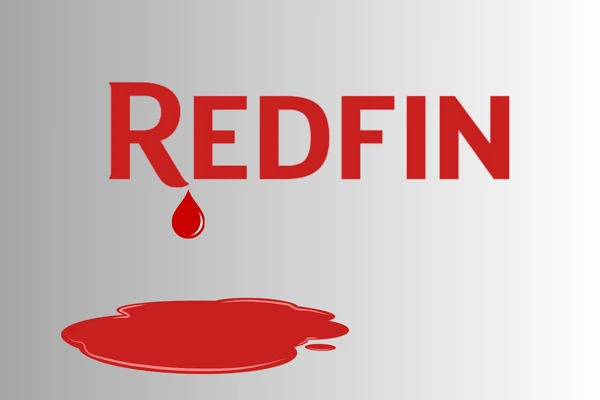
I read 1,800 employee reviews & 2000 app reviews to understand why Redfin isn’t profitable, despite raising over $500 million. Here’s what I discovered:
1. Redfin employee training sucks.
Many employees are never taught standard operating procedures. Frequently because no SOP even exists.
The company also disincentivizes the best agents from sharing their sales tactics with other agents.
2. Redfin jobs are overspecialized, yet overlapping.
Redfin has broken the “agent” role into multiple specialized subroles: tour coordinator, transaction coordinator, listing coordinator, operations manager, buyers agent, listing concierge, closing specialist, and so on. However, the job duties for the same role are not standardized across different teams. And frequently, the responsibilities of different roles end up overlapping. The result is employee confusion & duplication of work.
3. Redfin has TONS of time-wasting, mandatory meetings.
Some of these meetings have no agenda.
4. Redfin has a culture of nepotism.
Redfin is known for its technology, but it’s human middle managers who decide which agent gets a lead. And often, that decision is made more on the basis of friendship than on ability. The same is true of promotions.
5. Redfin’s business model is game-able.
Most buyers’ agents create customer loyalty through 2 mechanisms: (1) exclusive agency agreements, and (2) the psychological principle of reciprocity which makes someone feel like they owe the buyers agent something after the buyers agent has spent time doing showings with them “for free”.
Redfin doesn’t benefit from either mechanism. They don’t require exclusive agency agreements, and if someone schedules multiple showings, Redfin doesn’t pair them with the same agent for every showing.
As a result, many people use Redfin to do showings, but when they’re ready to actually buy, they use their realtor cousin…
I was curious if the discount real estate brokerage model could be profitable if the issues I mentioned were fixed, so I tracked down the founder & CEO of a 6-year old startup named Simple Showing that has a similar business model to Redfin.
The answer: Yes. After raising less than $2 million, Fred McGill has grown Simple Showing to a couple million in revenue. And they are PROFITABLE. So I interviewed him on my podcast about how he managed to do what Redfin could not: